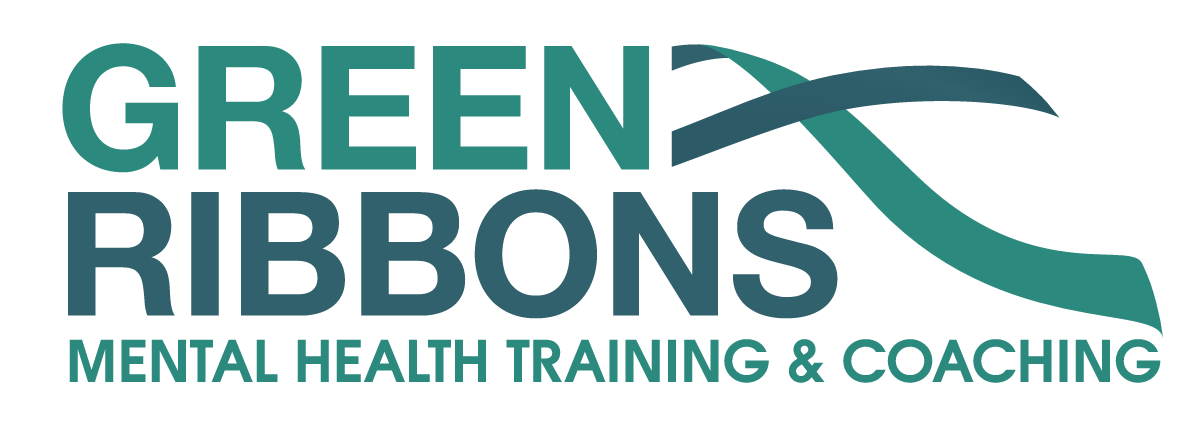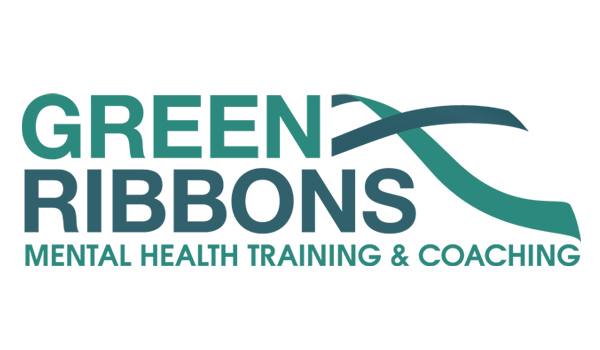Scotland’s Mental Health First Aid for Firefighters

Firefighting is a profession of unwavering courage and commitment, as firefighters consistently put their own lives on the line to protect people and property from devastating fires and other emergencies. In Scotland, these brave men and women face not only the physical dangers associated with their work but also an array of mental health challenges that often go unseen. The high-stress nature of their job, coupled with exposure to traumatic events, can result in a range of mental health issues, including post-traumatic stress disorder (PTSD), depression, anxiety, and burnout. As we explore the mental health challenges faced by firefighters in the UK, it is crucial to recognise the importance of addressing these issues and providing appropriate support and resources to help these heroes maintain their mental wellbeing and continue their vital work.
- A study published in Occupational Medicine in 2017 found that UK firefighters had higher rates of mental health issues than the general population. This study reported that 26% of firefighters experienced symptoms of common mental health disorders, such as anxiety or depression, while 22% met the criteria for PTSD.
- According to research conducted by The Fire Fighters Charity in the UK, around 34% of firefighters reported experiencing a mental health issue in their lifetime, with 24% experiencing issues within the past year.
- In a study commissioned by the charity Mind in 2018, it was found that 85% of emergency service personnel had experienced stress or poor mental health due to their work, and more than 60% had experienced a mental health problem.
What’s on this page?
What are the factors affecting Mental Health in Firefighting?
Sound Familiar? There's something you can do for yourself, your colleagues and your friends...
Mental Health Awareness: Why should Firefighters undertake Mental Health Training?
Mental health training can be beneficial for firefighters for several reasons. Undertaking mental health training can help firefighters better understand, manage, and support their own mental well-being and that of their peers, employees, and family members.
Here are just six reasons Firefighters should undertake Mental Health Awareness Training:
Good news! There's an easily accessible solution to enhance your mental health skills...
Scotland’s Mental Health First Aid (SMHFA) – Tailored for Firefighters
Scotland’s Mental Health First Aid (SMHFA) is a training program developed in Scotland to equip individuals with the skills and knowledge to provide initial support to someone experiencing mental health problems or who is in a mental health crisis. The goal of SMHFA is to promote early intervention, reduce stigma, and increase awareness of mental health issues in the community.
The training covers various mental health conditions, such as depression, anxiety, psychosis, and substance misuse, and teaches participants how to recognize the signs and symptoms of these conditions. It also provides guidance on how to approach and engage with someone who may be experiencing a mental health problem or crisis.
Green Ribbons has developed a tailored SMHFA course for Firefighters, addressing some of the unique issues in the sector.
What does Scotland’s Mental Health First Aid Training Cover?
How does Scotland's Mental Health First Aid training work?
Duration
The course takes 12 Hours, typically spanning 2 full days or 4 half-day sessions, providing a comprehensive learning experience.
Certified Instructors
Courses are led by experienced, certified instructors who are continuously quality assessed by Health Scotland.
Interactive Learning
The course features a mix of presentations, group discussions, case studies, videos, and role-playing exercises to ensure a practical, hands-on learning experience.
Small Group Sizes
Classes, of 8-16, are kept small to facilitate personalised attention, encourage active participation, and foster a supportive learning environment.
ALGEE Framework
The course teaches the ALGEE action plan, which stands for Assess, Listen, Give reassurance and information, Encourage appropriate professional help, and Encourage self-help strategies.
Confidentiality
Instructors maintain a safe and confidential space for participants to share their experiences and ask questions without judgment.
Course Materials
Participants receive a comprehensive course manual and additional resources to support their learning and ongoing development.
Certification
Upon successful completion of the course, participants receive a certificate that validates their skills and knowledge as Mental Health First Aiders.
Ready to find out more? Contact Us Today
07726 780800
Call
Call us for an Informal chat about Scotland’s Mental Health First Aid and Mental Health Awareness Training
- We can discuss how SMHFA can benefit your organisation and explore options
info@greenribbons.co.uk
@GreenRibbonsHQ
Socials
- Facebook: @GreenRibbonsHQ
- Twitter: @GreenRibbonsHQ
- Instagram: @GreenRibbonsHQ







